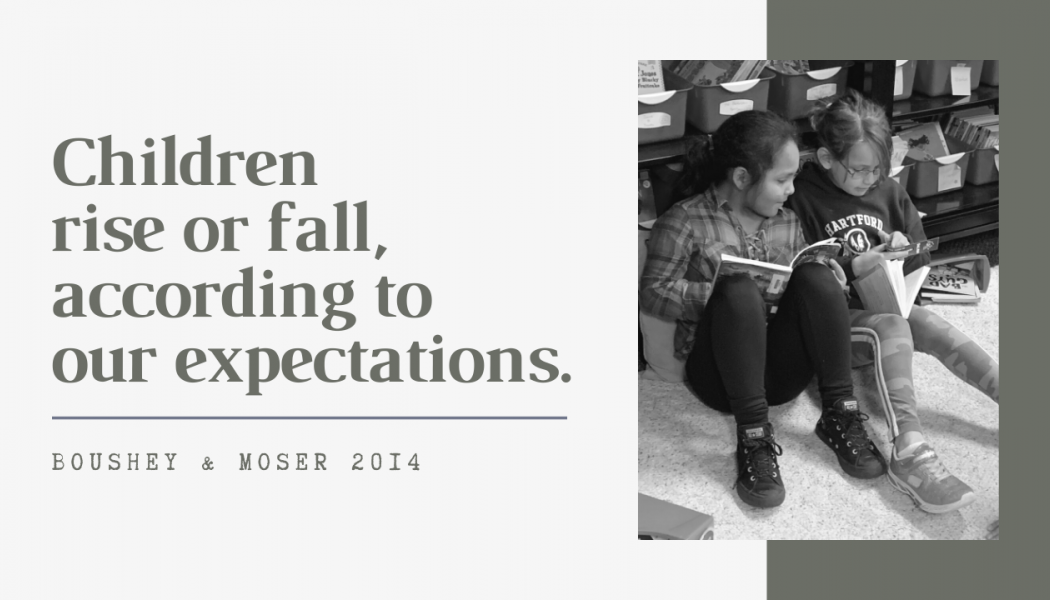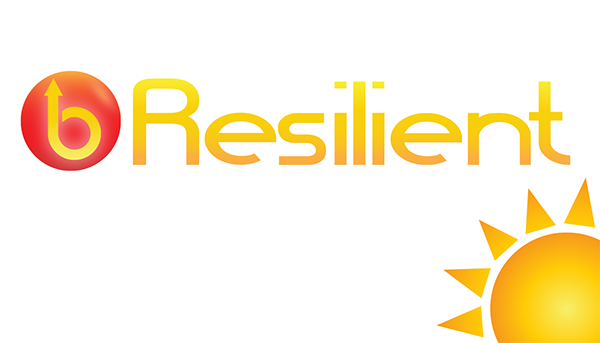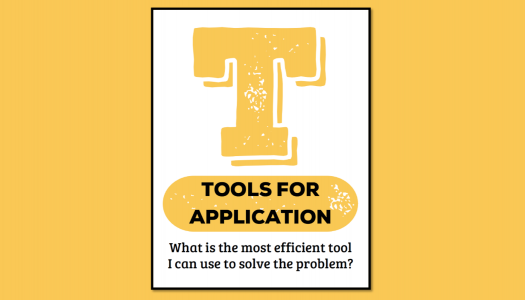
Gail Boushey
Lately I’ve been working on word swaps. I’m trying to be more aware of the subtle but important meaning that words carry in our conversations. This past year, I have been replacing the word but with the word and. Our friend Marsia brought this swap to our attention. As you go through this week, listen for how but is used in conversations, and notice how it often implies that statements are at odds with each other. The word but can end a conversation prematurely, and it can be dismissive of suggestions or compliments. In contrast, the word and implies inclusion and possibilities.
My ear is naturally listening for other potential swaps. Just recently, the word try seems to stick to my tongue rather than rolling off it like it used to. Try often creeps in when I am working with students. Adding the word try to conversations can soften a request, lighten an expectation, or offer an option. However, notice how it works in these examples:
“Today I want you to try the strategy of Check for Understanding in your reading.”
“When you are walking down the hall, try to keep the noise down so others can stay focused.”
“Try this activity at home tonight.”
“Try to be on time for our staff meeting tomorrow.”
The word try offers a way to opt out of whatever is being asked. It suggests that success is optional—or even unlikely. For example, perhaps I say to a student, “Try to use this strategy.” That student might hear, “I know this is hard and you probably can’t do it. But just put in some effort anyway.”
In response, they might think, I’ll just say that I tried. I am sure my teacher will accept that, no matter what I have done. After all, I tried.
Or maybe when I say, “Try to use this strategy,” my student hears something like this: “You don’t have to work too hard. Just take a pass, because this will be hard to do. Put out some effort, but don’t worry if you don’t understand it.”
When we tell students to “try,” are we giving them permission to fail? Are we making it okay for them to leave tasks incomplete or to not even attempt them? If so, what words could we swap in to create more precise and productive meaning in our conversations? How about will, do, and practice? Or we could just delete the word try altogether. Notice the different effects of these same examples, without try.
“Today I want you to use the strategy of Check for Understanding in your reading.”
“When you are walking down the hall, keep the noise down so others can stay focused.”
“Do this activity at home tonight.”
“Be on time for our staff meeting tomorrow.”
With high expectations and accountability as foundations in our classes, we must use precise language and avoid inadvertently sending the wrong messages to our students. This week, practice swapping out the word try. I think you’ll see your expectations for your students start to rise. And in return, you’ll also see your students rise to the challenge.
News From The Daily CAFE
Use Reference Tools: Kid Teacher
Math Menu—Tools (for Application)
The Heart and the Bottle by Oliver Jeffers









